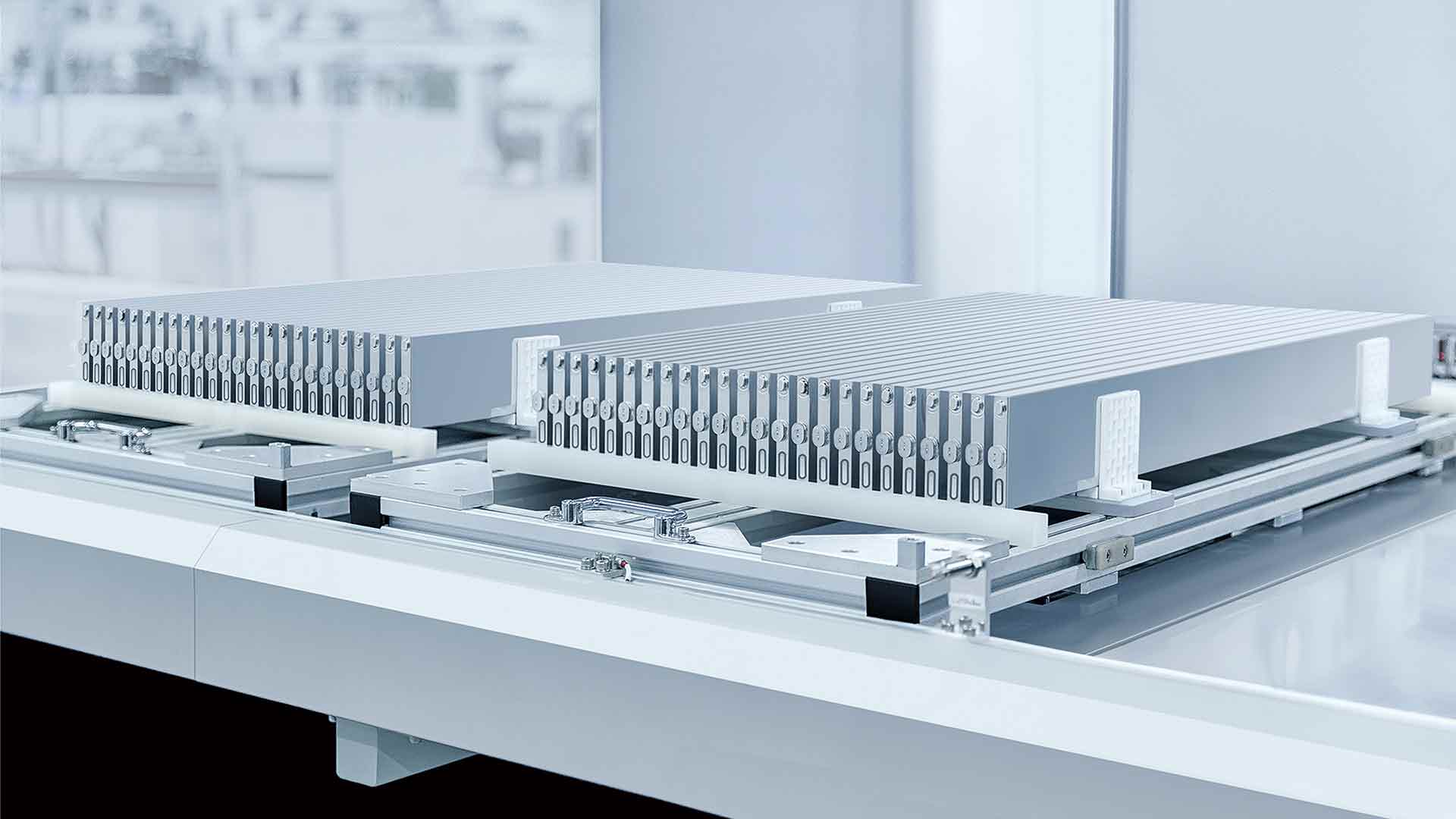Battery technology for electric cars “Holy Grail” It may arrive sooner than expected, promising longer range and faster charging. According to Lian Yubo, a senior scientist and engineer at BYD, solid-state batteries may become widespread within five years.
When it comes to battery production, the name of the first and largest battery manufacturer in the world probably comes to mind, which is the Chinese company CATL. There is no problem with this, but it is certain that all parties involved know that BYD has risen to second place with hard work in recent years. BYD currently accounts for 15.8 percent of the world's battery production. That's why, when BYD says solid-state batteries are coming soon, you have to believe they know what they're talking about.
The Chinese World New Energy Conference 2024 Lian Yubo, head of BYD's R&D departments, spoke at the event. Lian explained that with the development of battery technology, within five years, solid-state batteries will gradually spread in medium- and low-priced electric cars. “BYD is working hard on solid-state electric vehicle batteries.Leanne added. However, high manufacturing costs and complex integration still present challenges. Friday's conference was the first time BYD executives discussed the new technology publicly.
BYD is currently focusing on the development and production of LFP battery cells, however, according to Yubo, the experience and knowledge accumulated here will seep into the development of solid-state batteries as well. That's why he says it's realistic that new technology will emerge more frequently in the next five years. At the same time, LFP will also stay with us, as this technology also has its own sector, which will not change in the future either.
But BYD is not the only one dealing with this topic, of course the world's largest battery manufacturer, CATL, is also actively dealing with this topic. According to CATL, a smaller but still significant proliferation is expected in 2027, especially in the case of more expensive e-cars. According to the company, high production costs will be the biggest problem in the first years. But there's also Chinese car manufacturer NIO, which is also painstakingly integrating the technology into its cars, helping it spread and ultimately making it cheaper.












































